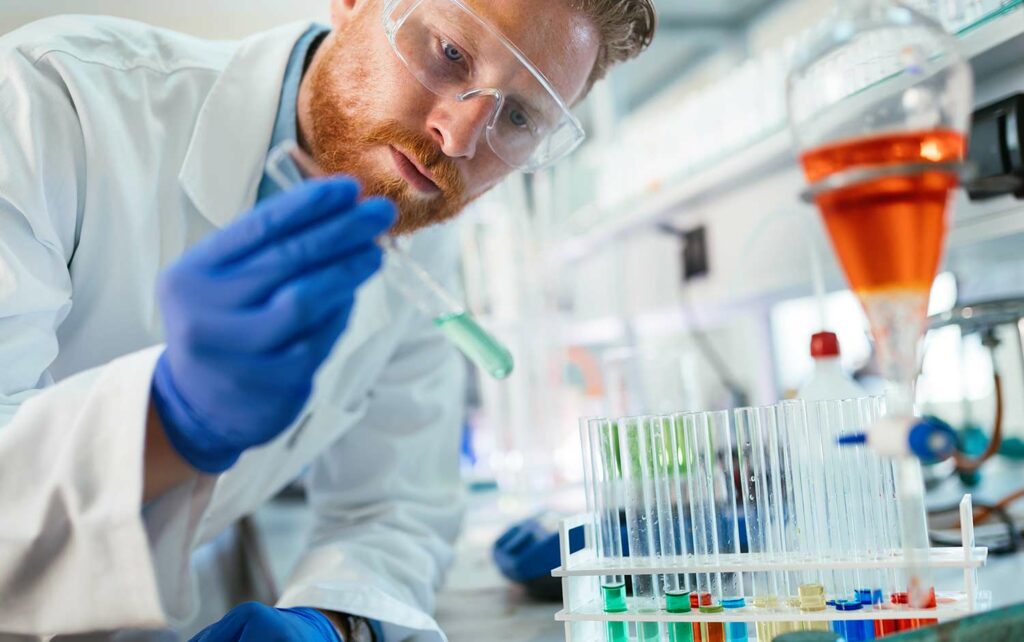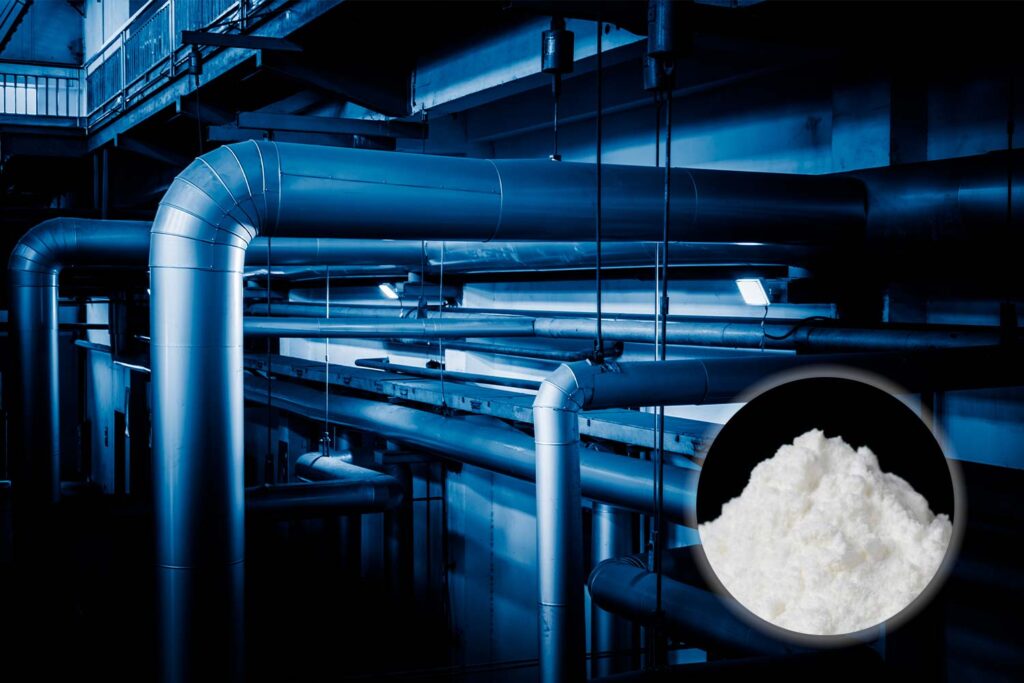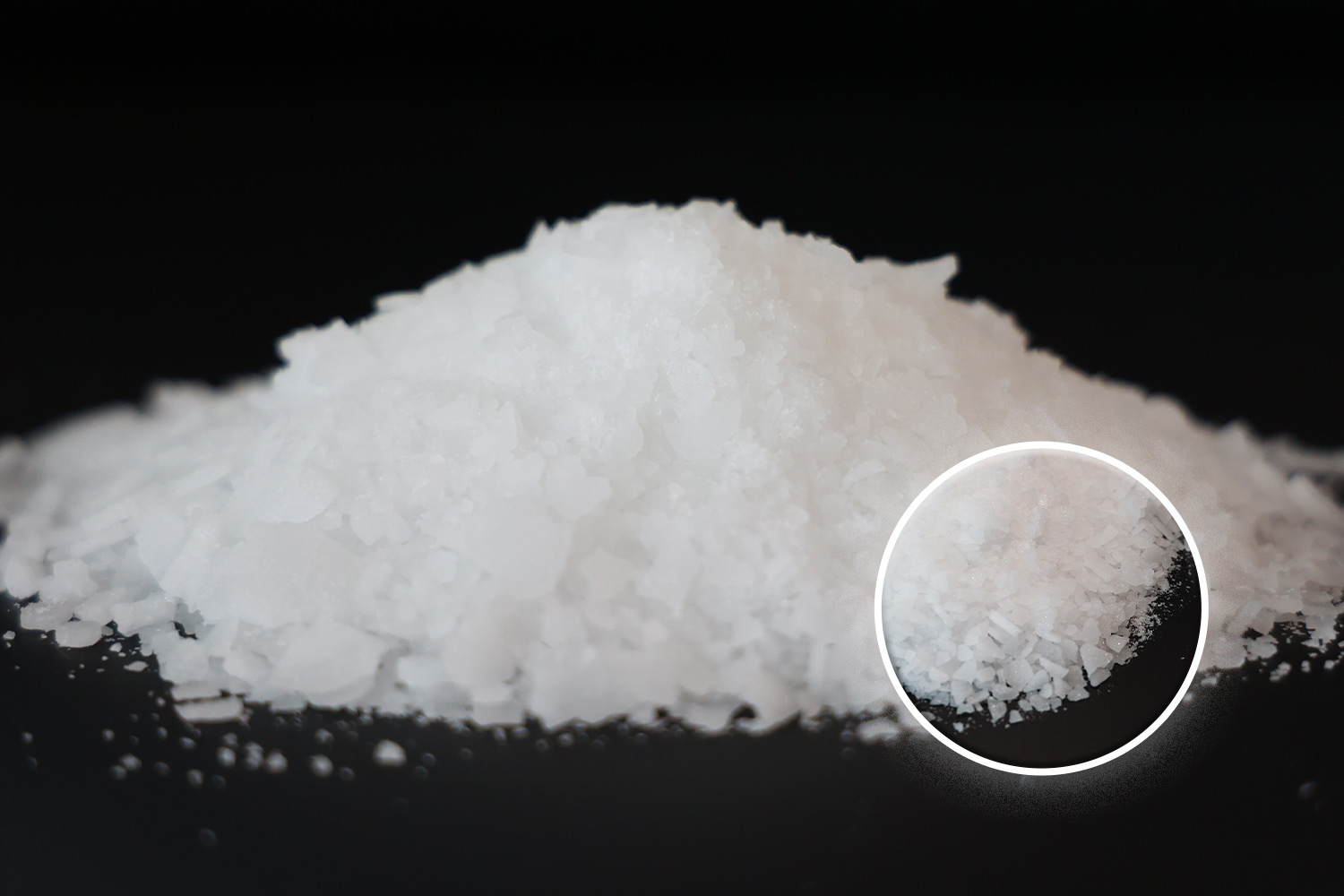Coatings are essential in various industries as they provide a protective layer to different surfaces, preventing damage from weathering, chemicals, and other harmful elements. One of the key components of coatings is neopentyl glycol, or NPG. This article will explore the benefits and uses of NPG in coatings.
Оглавление
- Введение
- Что такое неопентилгликоль?
- How is Neopentyl Glycol used in Coatings?
- Benefits of Neopentyl Glycol in Coatings
- Resistance to Weathering
- Химическая устойчивость
- UV Stability
- Scratch Resistance
- Improved Adhesion
- Types of Coatings that use Neopentyl Glycol
- Автомобильные покрытия
- Промышленные покрытия
- Архитектурные покрытия
- Marine Coatings
- Sustainability of Neopentyl Glycol
- Вывод
- Часто задаваемые вопросы
Введение
Coatings are widely used in various industries to protect surfaces from damage and improve their appearance. Neopentyl glycol is a key component of coatings due to its unique properties, which make it an ideal additive for different types of coatings. In this article, we will explore what neopentyl glycol is, how it is used in coatings, and the benefits of using neopentyl glycol in coatings.
Что такое Неопентилгликоль?

Neopentyl glycol, or NPG, is a versatile organic compound used in the production of various industrial and consumer products. It is a clear, colorless liquid with a slightly sweet odor and a boiling point of 215-217°C. NPG is used in a wide range of applications, including resins, plasticizers, and coatings.
How is Неопентилгликоль used in Coatings?
Neopentyl glycol is commonly used as a building block in the production of polyester resins, which are widely used in coatings. NPG is used to create cross-linking structures, which give the coating its strength and durability. The cross-linking structures are formed by reacting the NPG with different types of acids to produce various polyester resins.
Benefits of Neopentyl Glycol in Coatings

Neopentyl glycol offers several benefits when used in coatings, including:
Resistance to Weathering
Coatings that contain NPG have excellent resistance to weathering, which helps to protect the surface from degradation caused by exposure to sunlight, rain, and wind. This makes NPG ideal for use in outdoor coatings, such as those used on cars, buildings, and boats.
Химическая устойчивость
NPG is also highly resistant to chemicals, which makes it an ideal additive for coatings used in harsh chemical environments. Coatings that contain NPG can withstand exposure to a wide range of chemicals, including acids, alkalis, and solvents.
UV Stability
NPG provides excellent UV stability to coatings, preventing them from yellowing or fading over time. This makes NPG ideal for use in coatings used on outdoor surfaces that are exposed to sunlight.
Scratch Resistance
Coatings that contain NPG have excellent scratch resistance, which helps to protect the surface from damage caused by everyday wear and tear. This makes NPG ideal for use in coatings used on high-traffic surfaces, such as floors, countertops, and tabletops.
Improved Adhesion
NPG can also improve the adhesion of coatings to the surface, which helps to prevent peeling or flaking. This makes NPG ideal for use in coatings used on surfaces that are difficult to adhere to, such as metal or plastic.
Types of Coatings that use Neopentyl Glycol
Neopentyl glycol is used in various types of coatings across multiple industries. Some common types of coatings that use NPG include:
Автомобильные покрытия
Neopentyl glycol is commonly used in automotive coatings due to its ability to provide excellent weathering resistance and scratch resistance. Automotive coatings that contain NPG are highly durable and can withstand exposure to harsh environments.
Промышленные покрытия
Neopentyl glycol is also used in industrial coatings, which are used to protect machinery, equipment, and other industrial surfaces. Industrial coatings that contain NPG offer excellent chemical resistance and can withstand exposure to harsh chemicals and solvents.
Архитектурные покрытия
Neopentyl glycol is used in architectural coatings, which are used to protect and enhance the appearance of buildings. Architectural coatings that contain NPG offer excellent weathering resistance and can withstand exposure to harsh outdoor environments.
Marine Coatings
Neopentyl glycol is also used in marine coatings, which are used to protect boats and other marine structures from the harsh marine environment. Marine coatings that contain NPG offer excellent saltwater resistance and can withstand exposure to UV light.
Sustainability of Неопентилгликоль

Неопентилгликоль is considered a sustainable additive for coatings due to its low toxicity and low volatility. Additionally, NPG is biodegradable, which means that it breaks down naturally over time and does not contribute to environmental pollution.
Вывод
Neopentyl glycol is a versatile and sustainable additive that offers several benefits when used in coatings. NPG provides excellent weathering resistance, chemical resistance, UV stability, scratch resistance, and improved adhesion, making it an ideal additive for a wide range of coatings used in various industries.
Часто задаваемые вопросы
- Является ли неопентилгликоль токсичным?
- No, neopentyl glycol is not toxic and is considered safe for use in coatings.
- Is neopentyl glycol biodegradable?
- Yes, neopentyl glycol is biodegradable and breaks down naturally over time.
- What types of coatings use neopentyl glycol?
- Neopentyl glycol is used in various types of coatings, including automotive coatings, industrial coatings, architectural coatings, and marine coatings.
- Does neopentyl glycol offer UV stability?
- Yes, neopentyl glycol provides excellent UV stability to coatings, preventing them from yellowing or fading over time.
- Is neopentyl glycol sustainable?
- Yes, neopentyl glycol is considered a sustainable additive for coatings due to its low toxicity and biodegradability.



